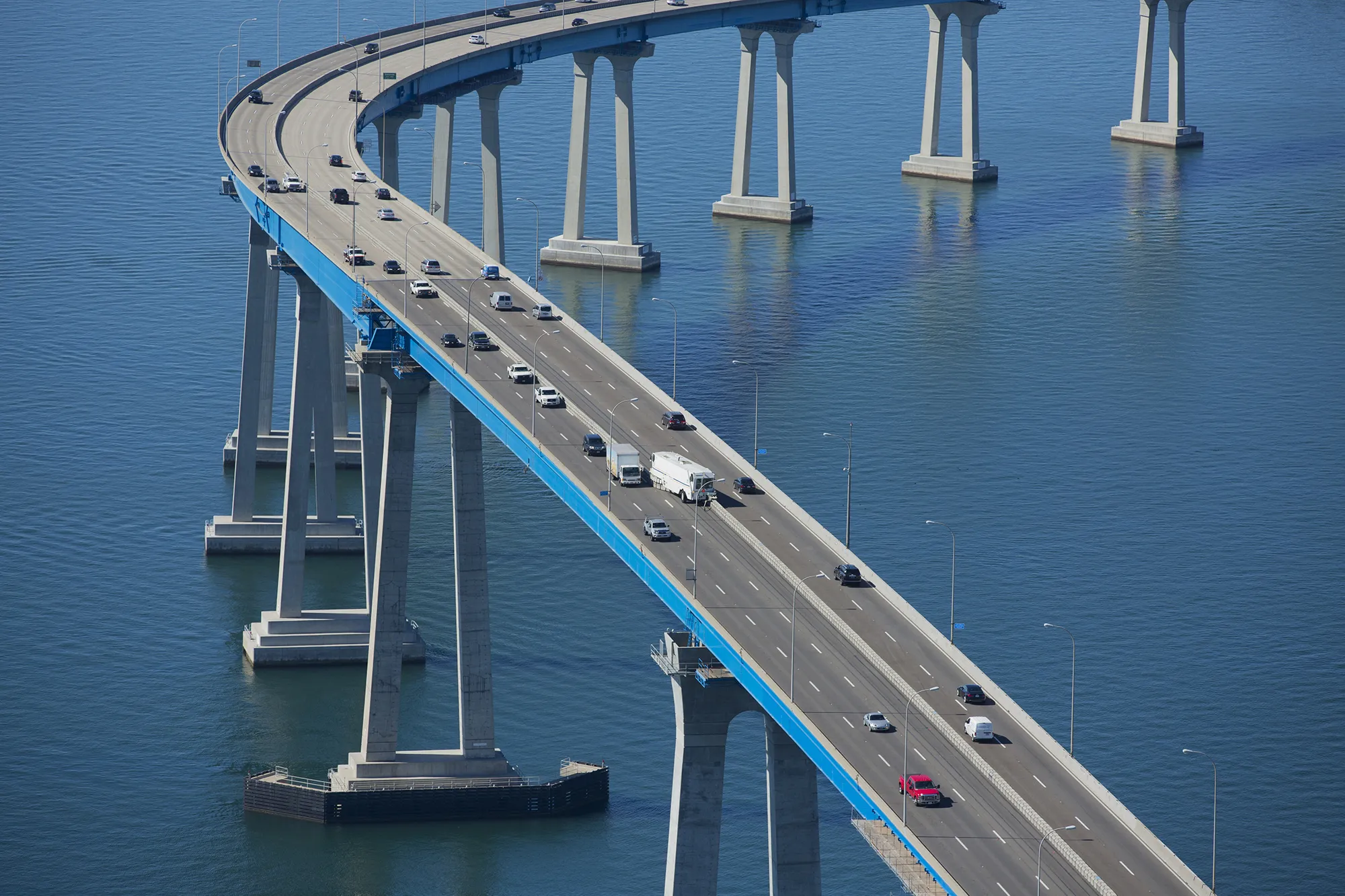According to online travel agency ab-in-den-urlaub.de around five million German cars are taken by their owners on European holidays each year. However, following a survey, the company has calculated that 515,874 parking tickets with a value of €53.6 million were sent to German drivers from outside Germany during 2009. Ironically, Germany generally sends fewer fines to drivers from other countries.
May 10, 2012
Read time: 1 min
According to online travel agency 5490 ab-in-den-urlaub.de around five million German cars are taken by their owners on European holidays each year. However, following a survey, the company has calculated that 515,874 parking tickets with a value of €53.6 million were sent to German drivers from outside Germany during 2009. Ironically, Germany generally sends fewer fines to drivers from other countries.








